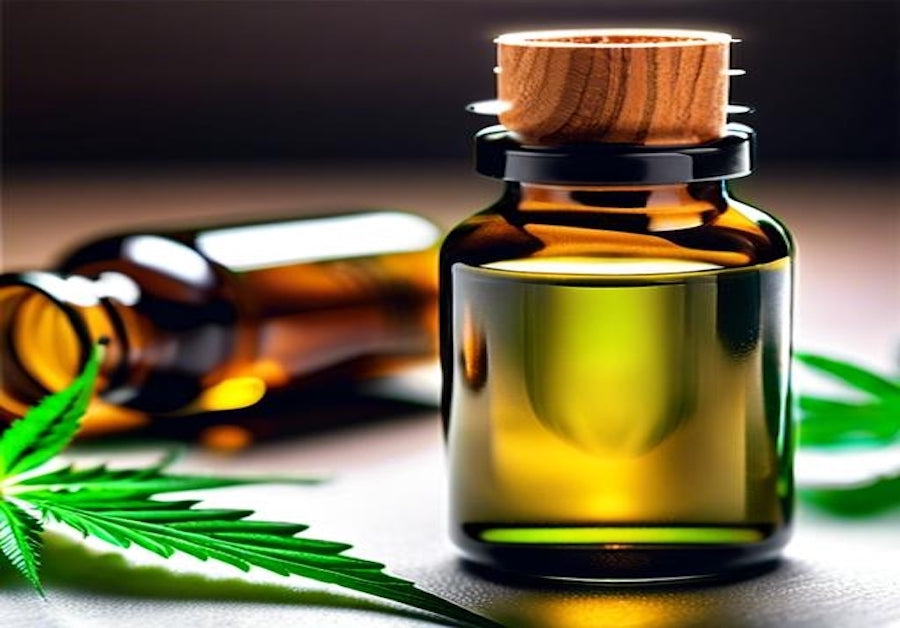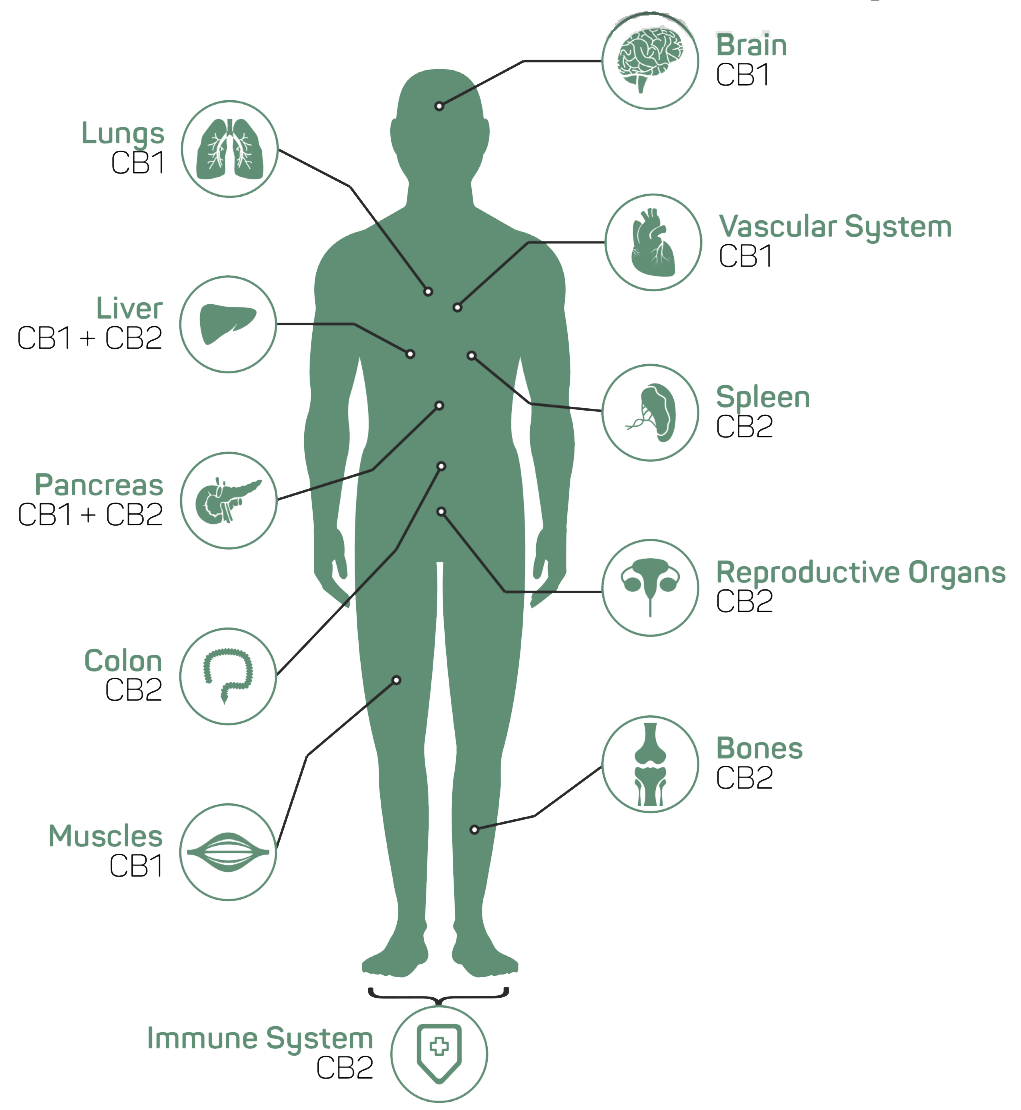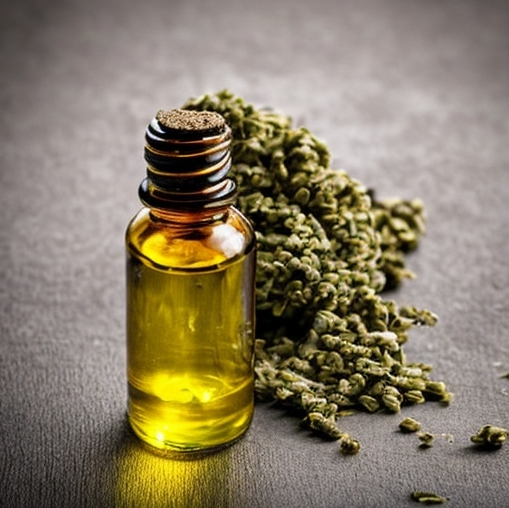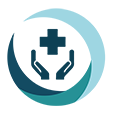HOW DOES CBD WORK?

What does CBD stand for?
CBD, short for cannabidiol, is a remarkable compound derived from the cannabis plant that has garnered widespread attention for its potential health benefits. Unlike its more well-known counterpart, THC (tetrahydrocannabinol), CBD doesn't induce a euphoric or psychoactive effect. Instead, it interacts with the body's endocannabinoid system, a complex network of receptors that play a crucial role in regulating various physiological processes.

How does CBD interact with our body?
CBD (cannabidiol) interacts with our bodies through the endocannabinoid system (ECS), a complex network of receptors and neurotransmitters responsible for regulating various physiological functions. When consumed, CBD indirectly influences the ECS by interacting with cannabinoid receptors, primarily CB1 and CB2, though its mechanisms of action are not fully understood. Unlike tetrahydrocannabinol (THC), another compound found in cannabis, CBD does not directly bind to these receptors but instead modulates their activity. This modulation results in a wide range of effects, including pain relief, reduced inflammation, improved mood, and enhanced relaxation, without inducing the psychoactive high associated with THC.
Furthermore, CBD interacts with several non-cannabinoid receptors and molecular targets in the body, contributing to its diverse effects. For instance, CBD activates serotonin receptors, which may explain its potential antidepressant and anxiolytic properties. Additionally, CBD influences the activity of transient receptor potential (TRP) channels, which play a role in pain perception and inflammation. Moreover, CBD has been shown to inhibit the breakdown of anandamide, an endocannabinoid often referred to as the "bliss molecule," leading to increased levels of this compound in the body and promoting feelings of well-being. Overall, the intricate interplay between CBD and various biological pathways highlights its potential therapeutic benefits for a wide range of health conditions.

How much CBD should I take?
Determining the optimal CBD dosage involves a personalised approach that considers various factors, including individual body chemistry, the specific health goal, and the form of CBD product being used. As there is no one-size-fits-all answer, it is recommended to start with a low dose and gradually increase until the desired effects are achieved. It's advisable to follow product-specific guidelines to tailor CBD intake to individual needs. Factors such as weight, metabolism, and the severity of the condition being addressed can influence the ideal dosage.
